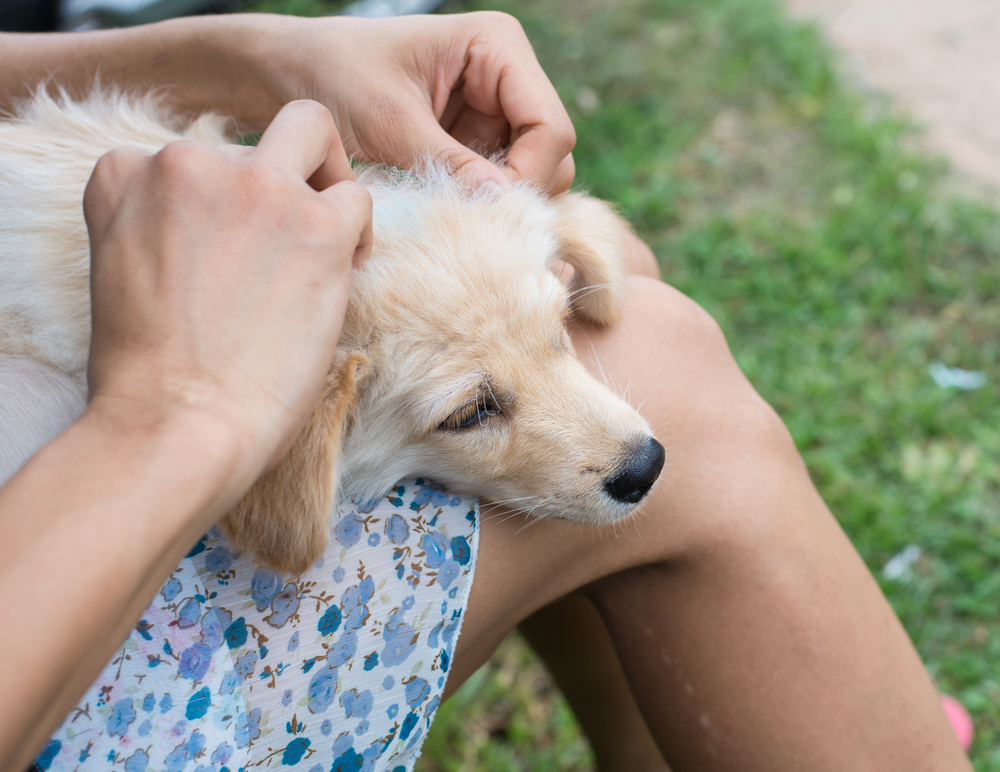
The Real Dangers of Fleas on House Pets
Fleas are tiny, flightless, agile pests with various hosts, including humans and pets. The insects jump from one warm-blooded host to another for a blood meal. Consequently, they are irritating and can cause severe itching and skin diseases to pets. Besides, they can transmit other diseases such as cat-scratch disease and heartworm.
In humans, fleas cause severe skin reactions and allergies. Red spots, hives, rash, and swelling may occur on the bitten area of the skin. In case of an allergic reaction, wheezing, swelling, nausea, and dizziness may occur. Due to the diverse effects of fleas, it is prudent to understand the dangers of flea infestation:
1. Fleas may transfer disease to humans
Fleas can cause severe itching that attracts scratching. The scratches can lead to secondary bacterial infection. Besides, fleas can serve as vectors for human disease. For instance, yersinia pestis is a bacterium transmitted by fleas. Historically, it resulted in the bubonic plague in which millions of people died across Europe. Consequently, it is prudent to regularly wash your pet’s bedding and use a flea comb to check its fur for fleas.
2. Chemicals used by exterminators can be harmful
Treating or exterminating fleas is hard due to their lifecycle. Fleas have four life stages; eggs, larva, pupae, and adult. Each stage takes a number of days. Understanding the lifecycle is central in treatment. For instance, eggs will finally hatch to give larvicides. Therefore, strong chemicals are used in some cases to eliminate the eggs and adult fleas. Some pesticides may be highly toxic both to the pet and the pet owner. Consequently, many pesticides have been withdrawn from the market. For instance, carbamates, organophosphates, and some pyrethroids are highly toxic. Therefore, it is good to keep your pet from infected animals at all times to avoid the need for toxic chemicals.
3. Fleas can quickly infest a home
Fleas reproduce quickly and thus can invade your home in large numbers and lead to diverse problems. The pests like staying in warm places. Consequently, temperature and humidity determine infestation. If your home is infested with annoying pests, clean the pet’s bedding using a steam cleaner and vacuum clean your house. You can use pesticides approved by the Foods and Drug Administration (FDA). Besides, mow your lawn and remove any debris around to expose flea hiding places, thus preventing infestation.
4. Fleas can carry the tapeworm parasite
Fleas may ingest tapeworm eggs from the environment before infesting a pet. On infestation, the eggs hatch into a larva. When pets such as dogs respond to flea bites or self-groom, they end up ingesting the fleas. Consequently, the larva grows into a tapeworm in the intestines.
The tapeworms, which occur mainly in dogs, cause severe irritation that causes scooting. In puppies, a heavy intestinal infestation may cause anemia and blockage. Therefore, regular deworming of pets is paramount. Besides, you can give medicines that prevent flea infestations on your pets.
5. Flea bites are bothersome to pets and can cause further health complications
Fleas are extremely displeasing. They bite and such blood from pets and humans. Apart from being vectors for various diseases, fleas can cause other health complications. For instance, a heavy flea infestation may lead to anemia since they end up sucking a lot of blood. Besides, their itchy bite can lead to allergic reactions and skin infection in some cases.



